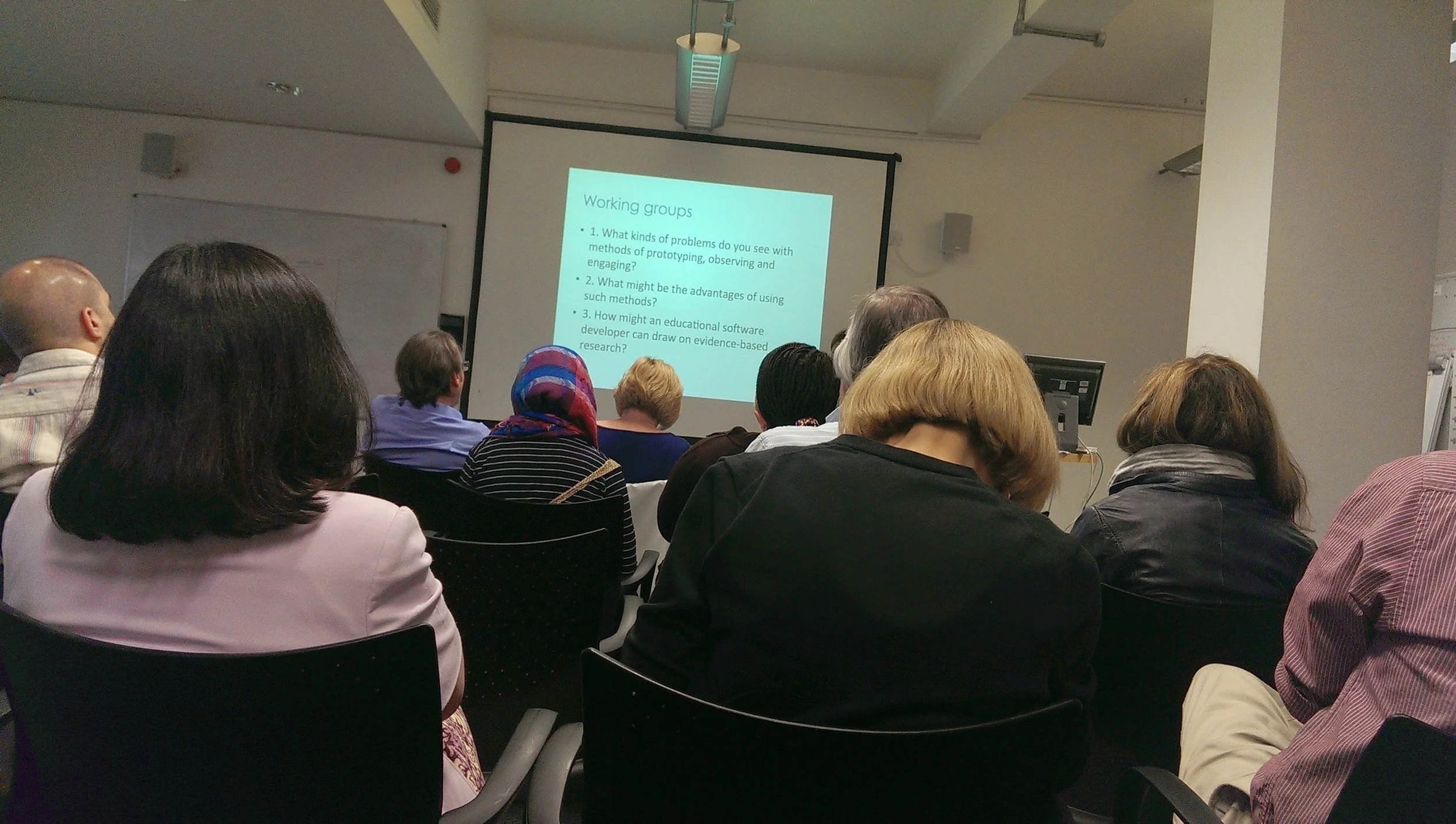Introduction
When teaching a course online at an adult education institute I would say that proficiency in using the technology to teach a lesson online is an obvious prerequisite of success. In addition, an understanding of good practice in teaching adults is also essential. The theory of teaching adults is known as “andragogy” (as opposed to “pedagogy”, which refers to the teaching of children) and comprises four basic tenets. (These notes are taken from my MA dissertation.)
Self-concept
In the pedagogical model, learners see themselves as being dependent upon teachers to gain new information, whereas in the andragogical model learners see themselves as independent and self-directed. In a sense, of course, no-one can be entirely independent of a teacher, for even an autodidact using books is dependent upon teachers (the authors), albeit at one remove. Thus, the pedagogical and andragogical models represent the two extremes of a continuum rather than discrete models in themselves.
Life experiences
The pedagogical model makes little acknowledgement of the usefulness or relevance of the learner's life experiences to the subject matter in hand. In the andragogical model the learner's experience becomes an educational resource for further learning.
Readiness to learn
The pedagogical paradigm assumes that a learner is ready to learn a particular subject at a certain age. In andragogy the learner is ready to learn a particular subject when the need for such learning is perceived, whatever the learner's age.
Orientation towards learning
In pedagogy the learner is taught subject matter which is deemed to be useful in the future -- subject matter which assists the socialization process by giving the learner access to the (dominant) culture. But as people mature, they tend more and more to demand knowledge which is immediately applicable, and so the student’s relationship to learning is problem-centred rather than subject-centred.
Reflections
Although these contrasts between pedagogy and andragogy are almost certainly exaggerated, as a general rule they hold true. Hence the college’s insistence on student-led learning, which I interpret, for practical as well as philosophical reasons, not so much as students unilaterally determining the curriculum or the structure and nature of lessons, but helping to inform these aspects. Thus, in my blogging course I used a pre-course questionnaire and the students’ comments in the lesson to more tightly focus the lesson in particular directions. Also, where there was a choice of type of activity, I checked with the students to make sure they were happy with my suggestions. For example, in the light of more students wishing to have their blog posts workshopped, I thought it better to accommodate all of them rather than stick rigidly to the planned lesson. In anticipation of the students’ agreement with this, I produced a couple of videos covering the “abandoned” material for students to watch in their own time, an example of so-called “flipped learning”.
My course, Writing for Blogs, is running again on 20th July 2025. Details here:






